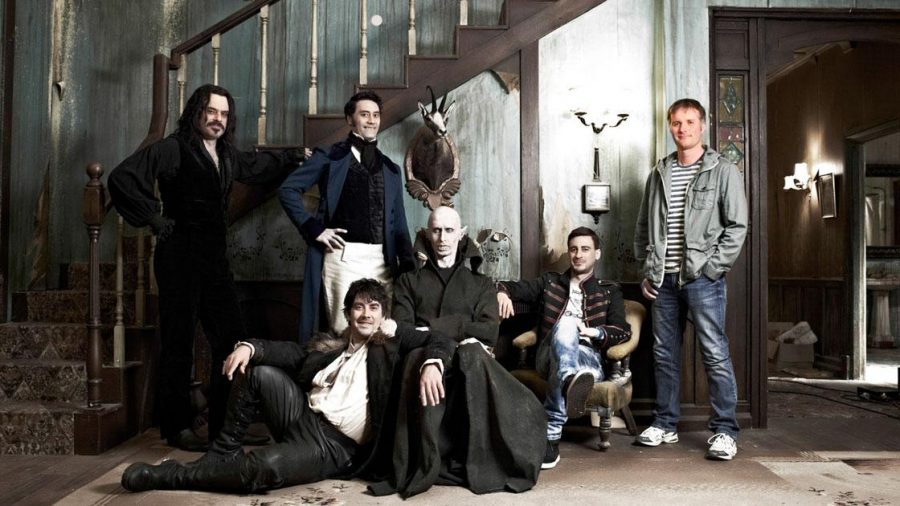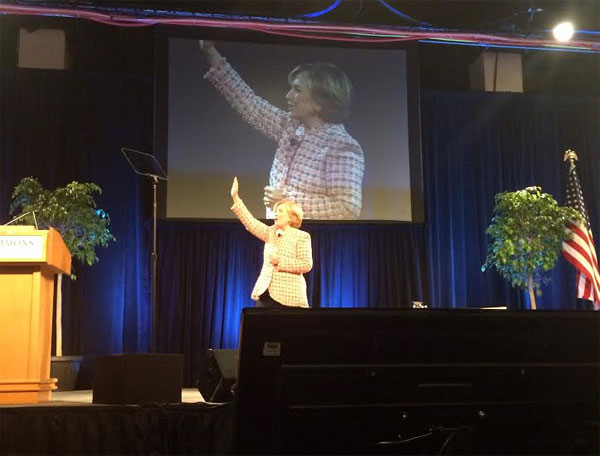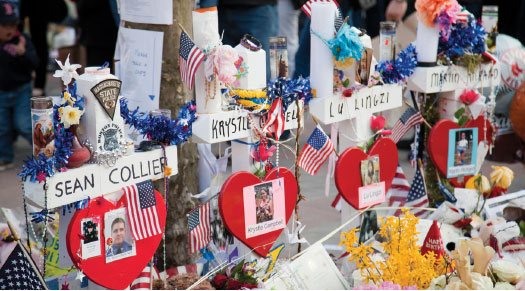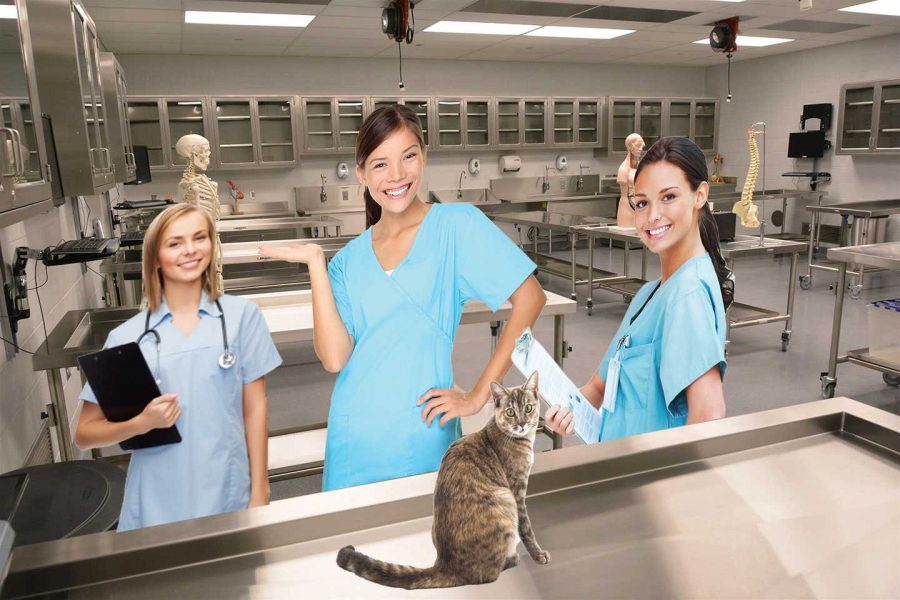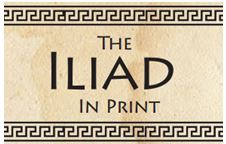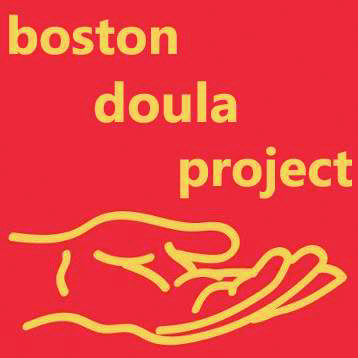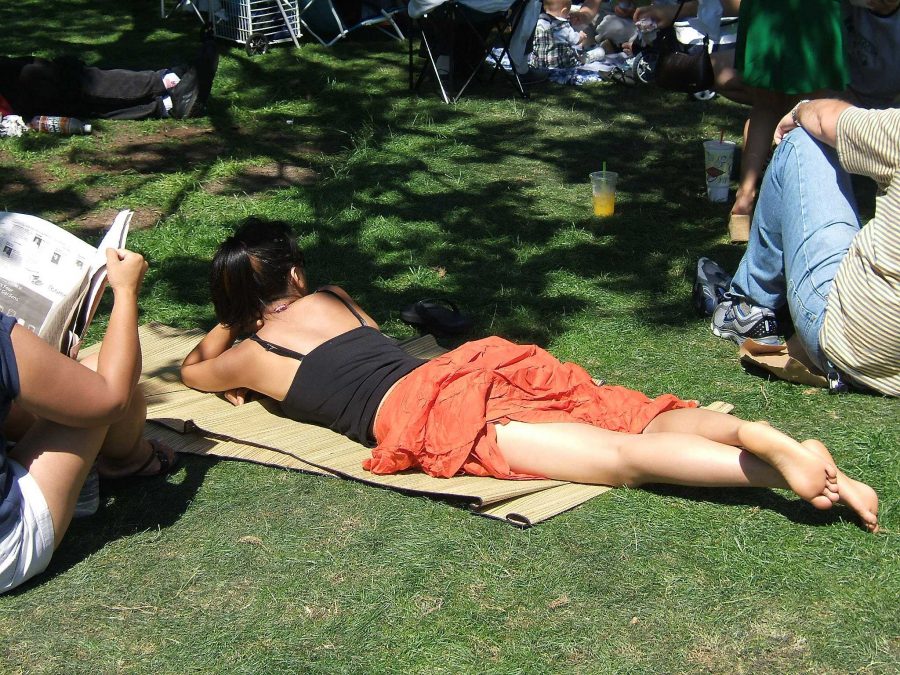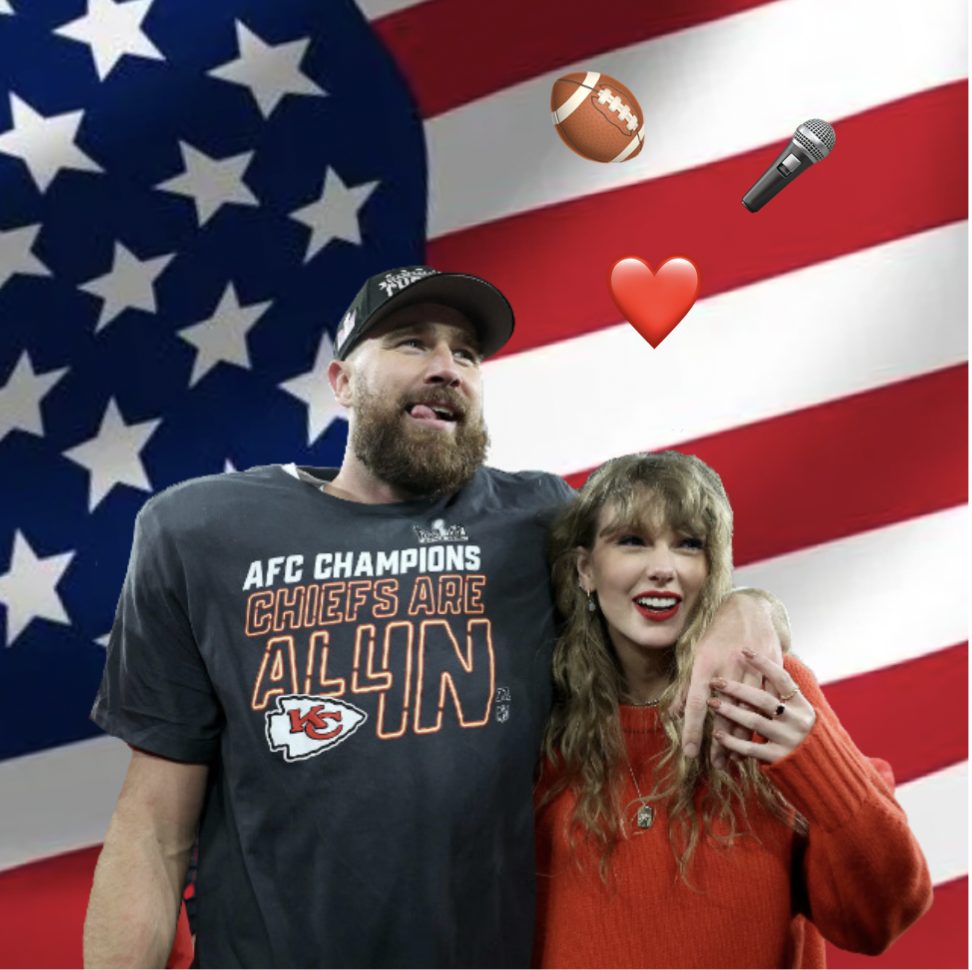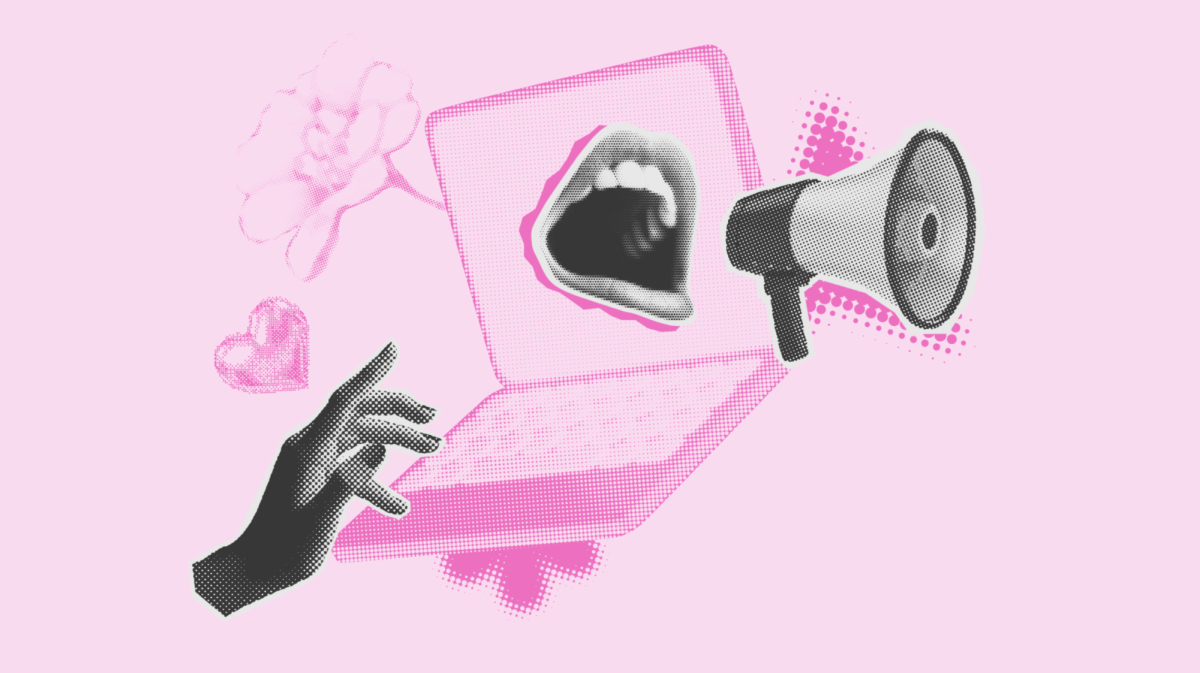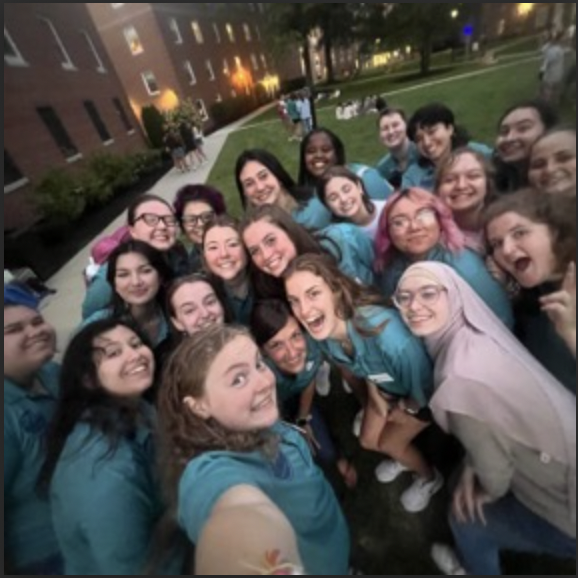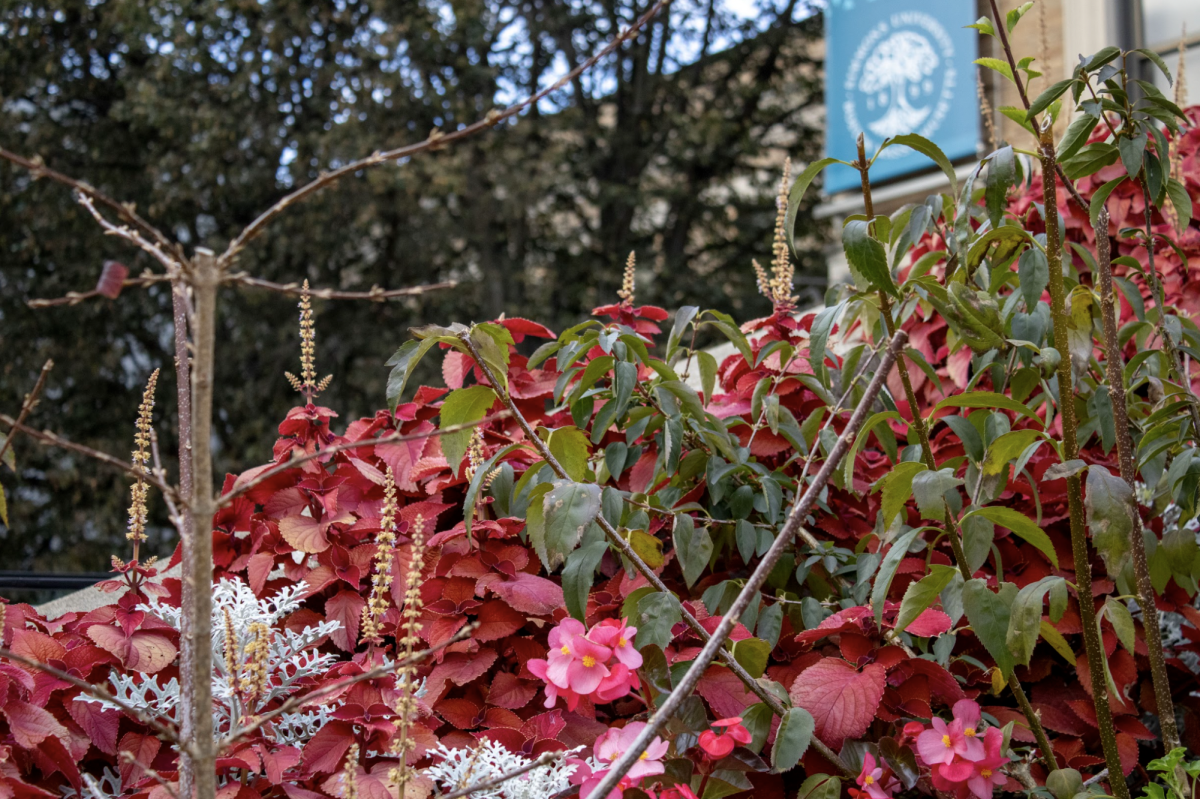By Ruthy Rickenbacker
Staff Writer
Many MBTA riders have welcomed the Night Owl pilot program as a much-needed improvement for public transportation. Yet, the MBTA is ignoring more pressing concerns for transit-dependent T riders in allotting funds for a program that caters to a young population that wants to stay out later. While service expansion is important, the MBTA must use its funds equitably.
The Night Owl service will run until 3 a.m. on the weekends and is geared towards getting young professionals and college students home from bars. The state has allocated $20 million for the program, making it the most expensive after-party taxi ride around.
Transit advocates have noted that this money could have been used to build equity measures into the MBTA fare structure. For example, the Youth Affordabili(T) Coalition has been advocating for a youth pass for riders aged 12-21 that would cost $10 per month. A youth pass would also cost $20 million and could ease the financial burden on families, give youths greater mobility, and provide access to more opportunities.
Residents of low income communities and communities of color have testified on the poor quality of service in their neighborhoods compared with more wealthy, white counterparts. People in these communities are more likely to be transit-dependent and less likely to receive good service. To many, it seems as though the Night Owl service is another example of the MTBA favoring people with money, in this case young professionals and students, over them.
Others have called attention to the ancient Red and Orange Line cars, electrical problems plaguing the Green Line, busses that are past their useful life, and the overall need to improve existing service.
Supporters have argued that the pilot program will also help workers get home after late night shifts and keep drunk drivers off the roads. However, if the MBTA wanted to serve workers, the service would be weeklong rather than just on the days people are most likely to go out and party. Further, people who have access to a car are more likely to have the means to pay for a taxi ride.
The Night Owl service is not a bad thing. However, improvements in service that will improve the lives of people who depend on the MTBA to get to work, school, class, or doctor’s appointments should take priority over getting people home from bars.



